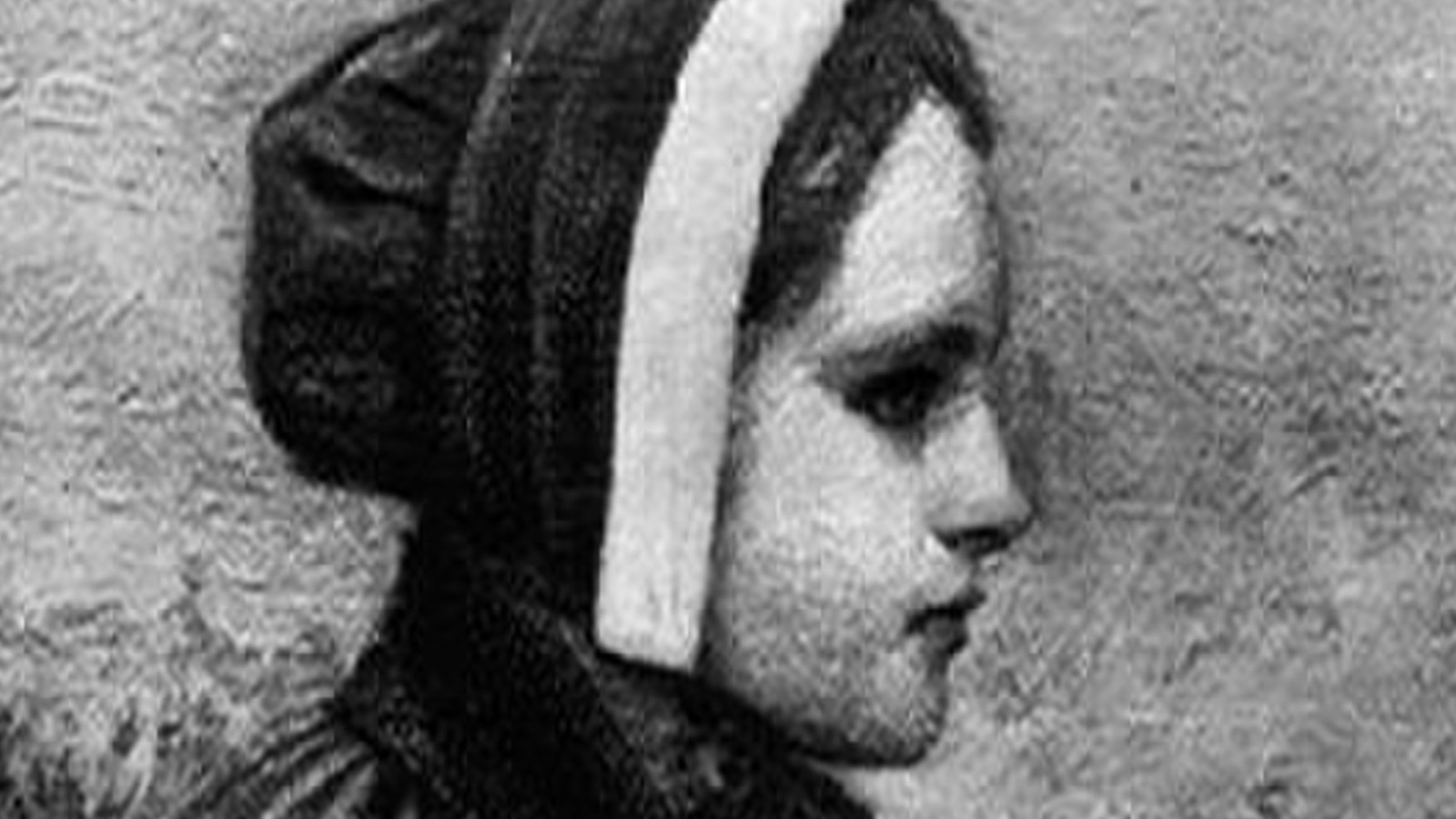
One of the more harrowing aspects of the Salem trials was that those from all backgrounds were being accused and executed (via The Washington Post). Those killed in Salem included a 42-year-old, Harvard-educated minister, a fortune-telling carpenter, and people with considerable wealth and influence like John Proctor. Rebecca Nurse, one of the first group of people to be hanged, was considered a woman of good standing in the community but fell foul of the accusations made by Elizabeth Parris and Abigail Williams. On the other end of the scale, the youngest accused witch was five years old, succumbing to insanity after spending most of 1692 in child-sized manacles.
Some scholars have suggested that the wife of the governor, William Phipps, was accused of witchcraft (via the BBC). Thomas Brattle, a wealthy merchant, further denounced the trials and publicly accused Jonathan Corwin, one of the court officials in the Salem trials, of pronouncing judgment on women in the community but not bringing his own mother-in-law (who, amusingly for modern observers, was called Margaret Thatcher) to trial when she was accused. The wife of a minister, John Hale, was accused, causing him to change his mind about supporting the trials.
Read Related Also: Jennifer Garner ‘thrilled to get rid of her fourth child’—Ben Affleck
In many ways, the story of Salem changed direction when the elites of the colony got involved. It ultimately led to the winding down of the trials, leading Salem in 1692 to become a grim memory for later generations.








![Logan Allen Teases What’s Ahead for Kyle in ‘Sweet Magnolias’ Season 4 [Interview]](https://celebjam.com/wp-content/uploads/2025/02/Logan-Allen-Teases-Whats-Ahead-for-Kyle-in-‘Sweet-Magnolias.webp-260x140.webp)
